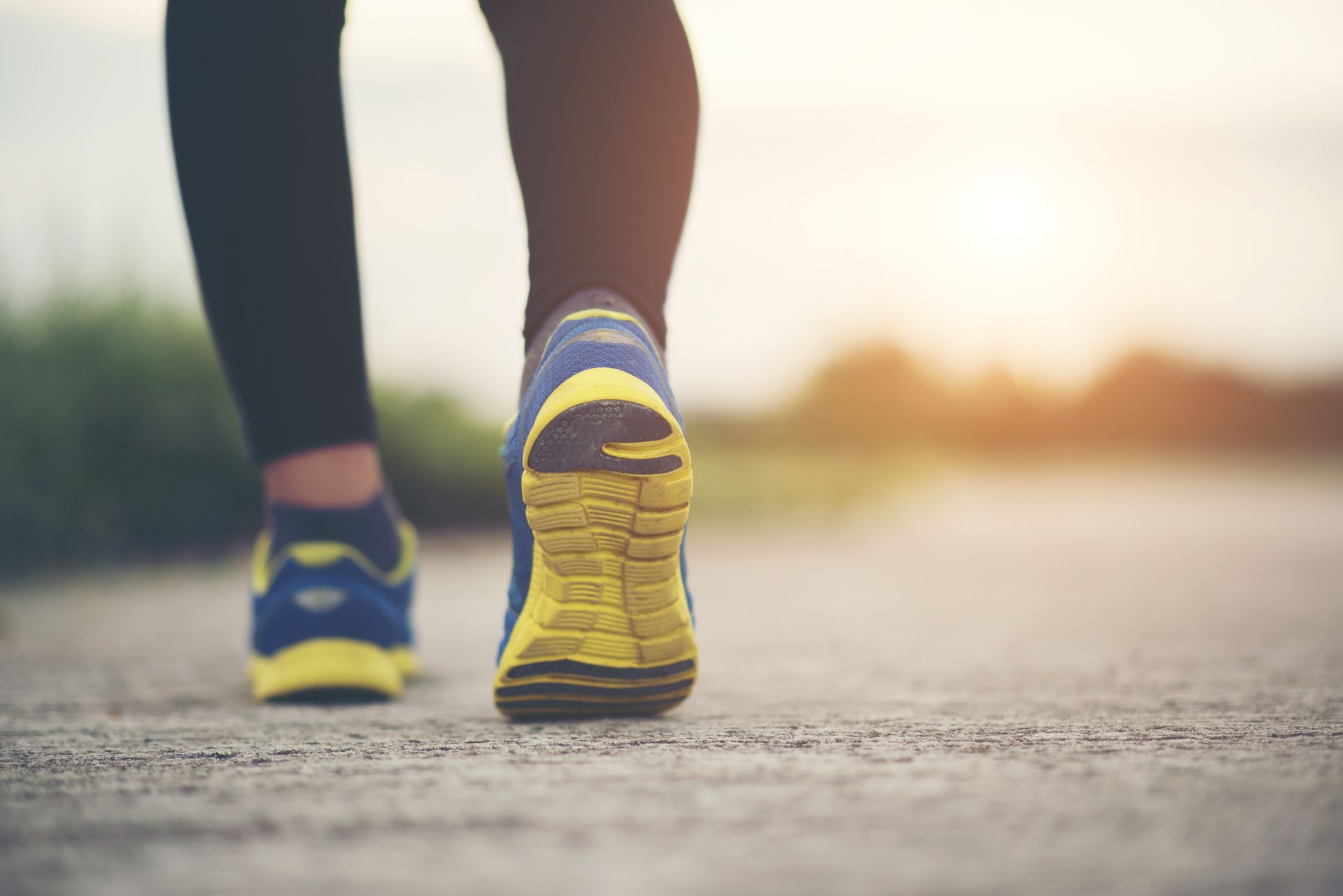Blog Layout
Varicose Veins and Men- An Ignored Medical Problem
Varicose veins are seen by many people as a female health problem. More specifically, people consider varicose veins to be a cosmetic issue that affects older women. This view is false. Varicose veins can develop at any age, and they are an issue experienced by both genders. However, men often ignore the veins and refuse to seek the treatment they need and may suffer from that decision.
Ignoring the problem
Numerous studies and various health statistics prove that men are more likely than women to ignore their health concerns. The lack of treatment for varicose veins is no exception to this behavior. Many men do not see the veins as a health threat when there is no pain and no obvious medical complications.
The veins are less noticeable on men, so ignoring their development is easier for them than for women. Men typically do not wear clothes that reveal their legs as often as their female counterparts, and the hair on their legs may help to disguise the discolored, bulging veins.
Because men do not undergo pregnancies, they also may not experience the sudden appearance of the veins. Varicose veins may not arrive as early in life, so the gradual problem is easier for men to ignore. Many men may also avoid discussing the concern, even if it causes discomfort, because they mistakenly believe varicose veins are a female condition.
Addressing the cause
Genetics plays a role in the development of varicose veins, but lifestyle factors contribute to the problem. Many men now work sedentary jobs. Forty years ago, approximately 20 percent of all American jobs were light-duty work. By the year 2000, that number had doubled. Inactivity and excess weight also increase the risk of varicose veins.
Unfortunately, men are often as unwilling to address their lifestyle habits as they are to visit a doctor. If male sufferers refuse to make a change, varicose veins may appear, will continue to worsen, and could return even if they are medically corrected.
Understanding the risks
Varicose veins do not go away on their own. Over time, the problem becomes more severe and can lead to additional complications. The veins get larger and become more painful. The legs and ankles could swell. Blood clots form, ulcers develop, and the skin becomes more delicate and is damaged and bleeds easier, all of which increases infection risks.
Learning about treatment
Many methods of varicose vein treatment are relatively noninvasive and extremely safe. Lasers, injections, and other methods that require only short recovery periods are common options. Treatment requires little to no downtime, takes less than an hour, and has minimal to zero scarring.
Men need to follow their doctor’s orders after treatment to enable their bodies to heal faster and without complications. Weight loss and an exercise plan can reduce the reappearance of the veins.
Changing the trend
Any man embarrassed by his varicose veins should realize that he is not alone. Statistically, women are more likely to seek help for the condition, but studies have shown that up to 50 percent of men may be silently struggling with the problem. Treatment is as effective for men as it is for women, and the problem is something that patients and doctors can easily manage in private.
We frequently treat men suffering from uncomfortable varicose veins. The treatments available today can end the discomfort and make it easy for men to feel comfortable with their appearance again.
If you’re currently suffering from varicose veins, swelling or aching in your legs call The Vein Specialists at 309-862-4000 to schedule an appointment with one of our doctors or to discuss your treatment options and preventative measures. We have convenient locations at 3302 Gerig Drive in Bloomington or 2011 Rock Street, Suite D2 in Peru.
Share
Tweet
Share
Mail

March 28, 2025
Enjoy Easter celebrations without compromising your vein health! Learn expert strategies to improve circulation during long family gatherings, including staying active, maintaining good posture, and wearing compression stockings. Keep your veins comfortable and healthy with tips from The Vein Specialists.
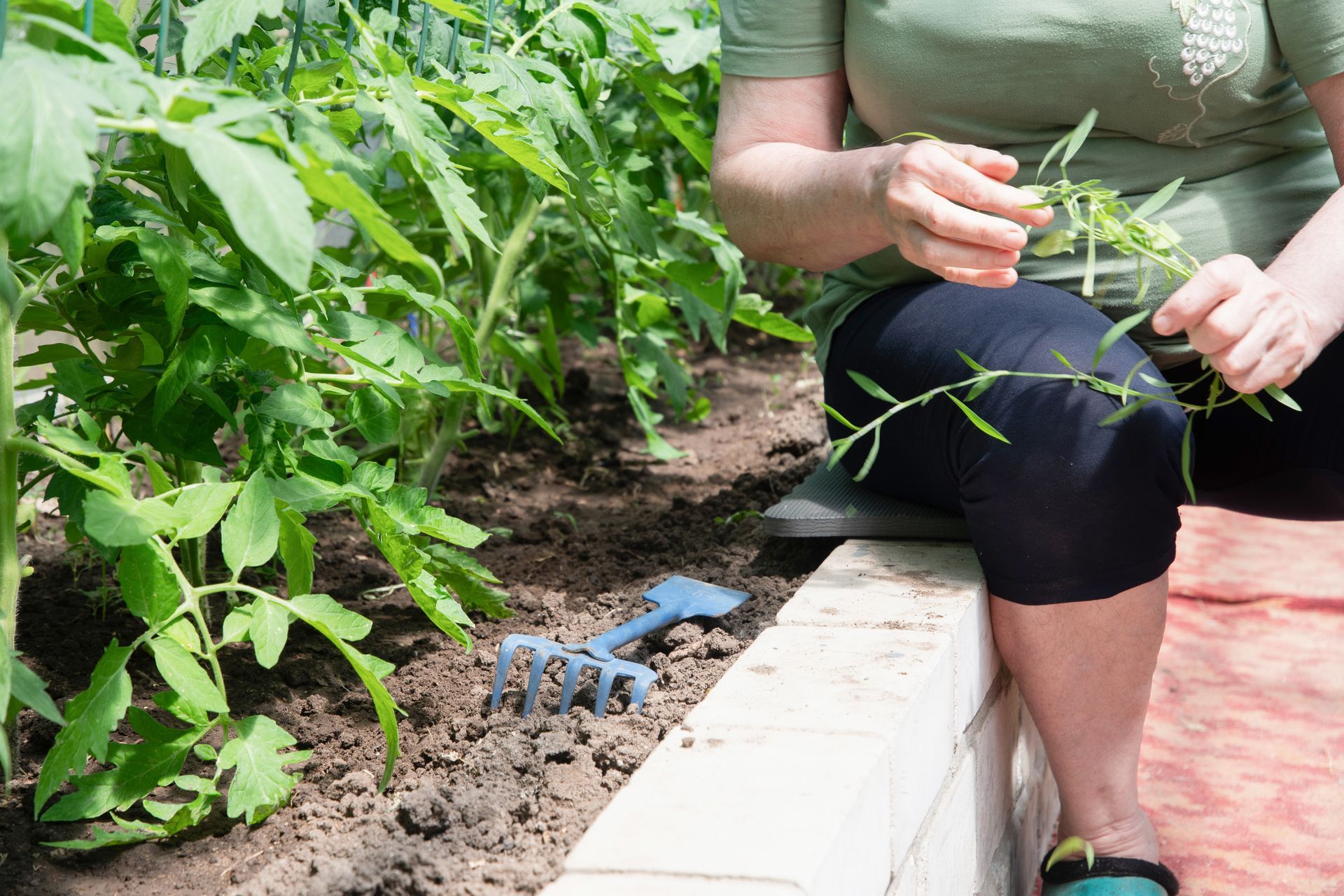
March 4, 2025
Maintain your vein health while indulging in spring gardening with our practical tips. Discover how ergonomic tools, proper posture, and regular breaks can protect your veins during gardening activities. Cultivate your garden this spring without compromising your vein health with advice from The Vein Specialists.
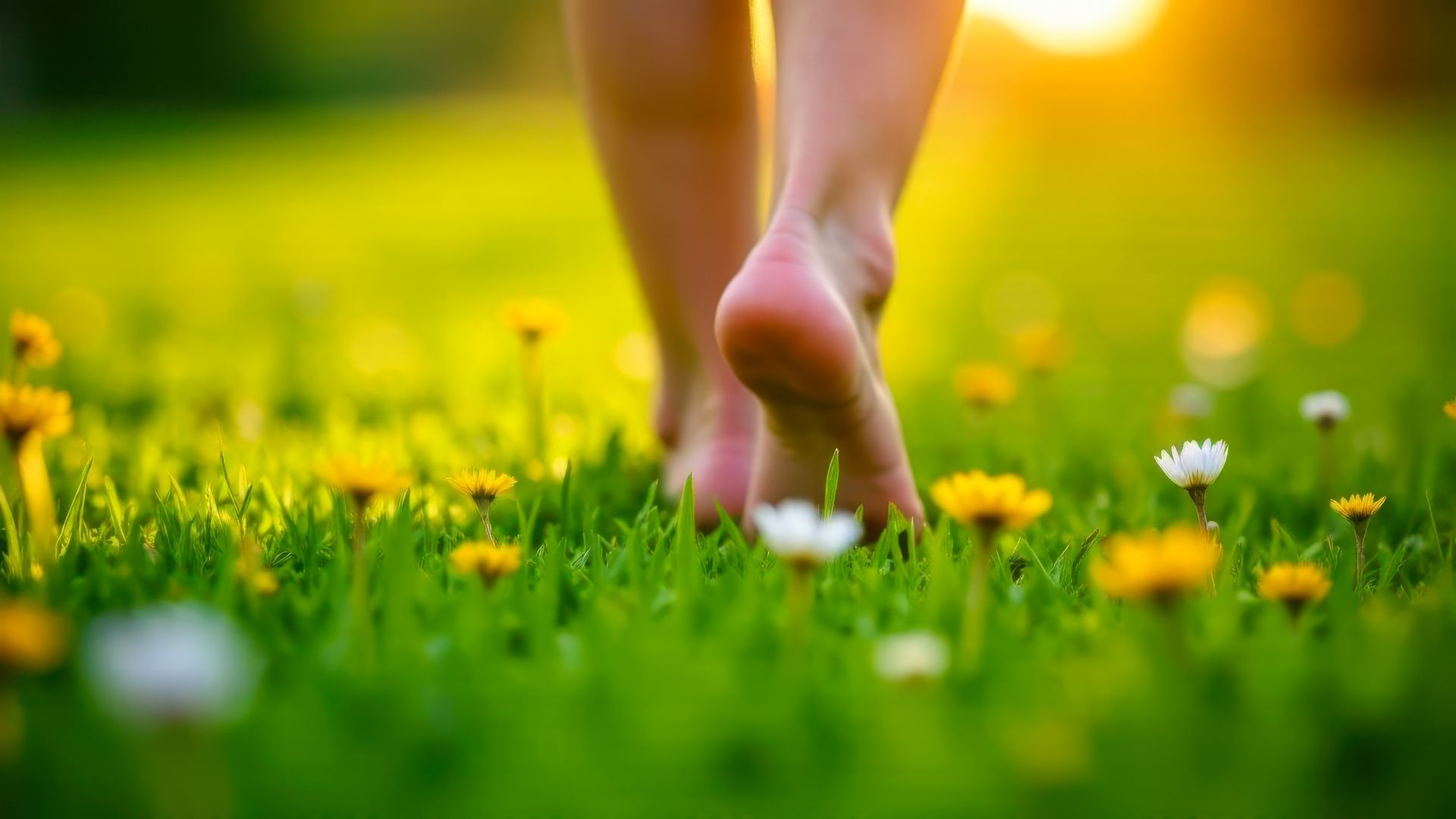
March 4, 2025
Revitalize your vein health this spring with our expert tips on exercise, hydration, and diet adjustments. Learn how to transition your vein care routine from winter to spring to boost circulation and strengthen your veins. Get ready for the active months ahead with The Vein Specialists.
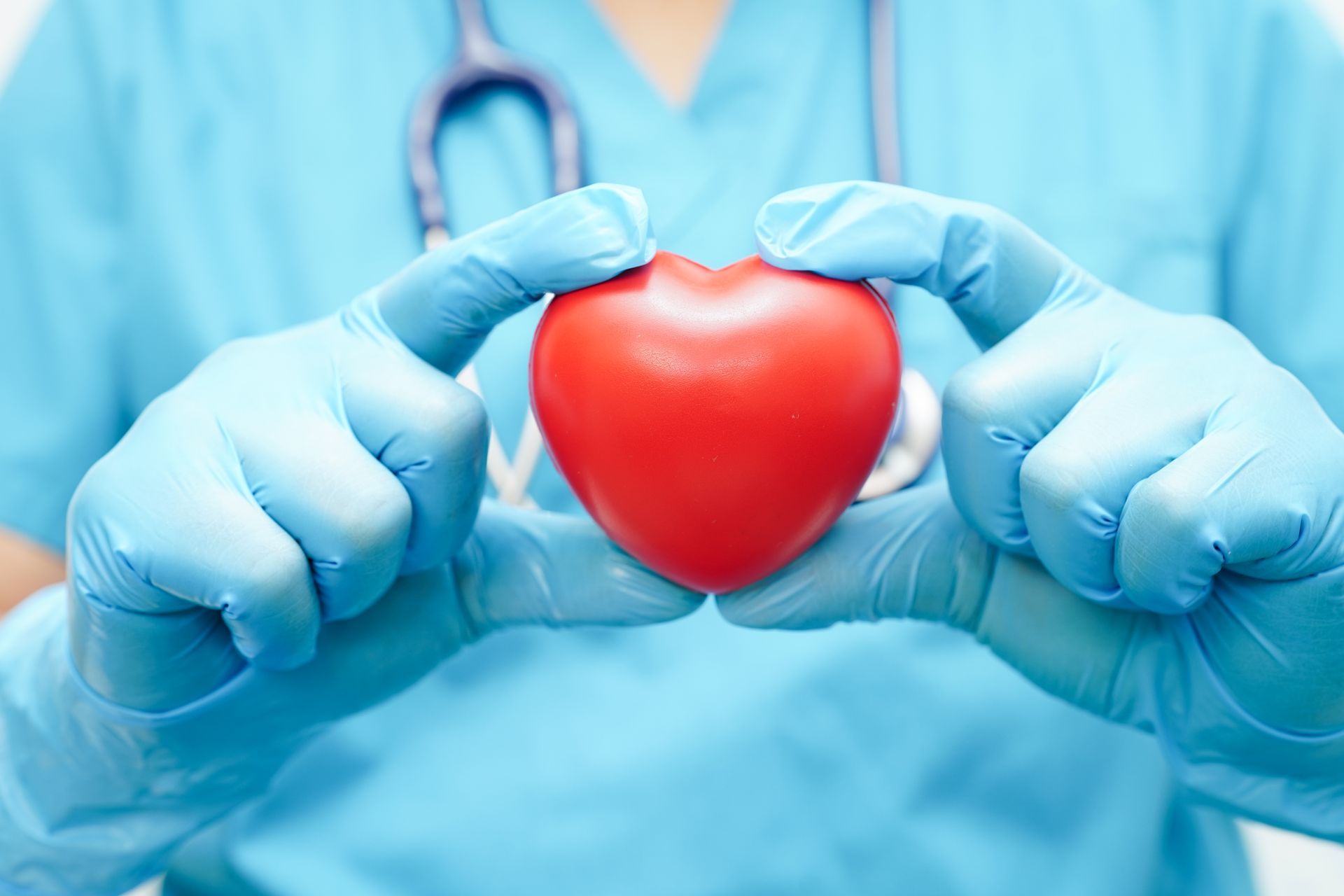
February 7, 2025
February is not only the month of love but also American Heart Month, a time to bring attention to cardiovascular health. While the heart might be the focus, it's important to remember the connection between heart health and vein health. Improving your cardiovascular system benefits your entire circulatory system, including your veins. Understanding the Connection The health of your veins is directly linked to the health of your heart. Veins are responsible for returning deoxygenated blood back to the heart, and any inefficiencies in this process can lead to venous disorders such as spider veins and varicose veins. Poor cardiovascular health can exacerbate these issues by putting additional strain on the venous system. Cardiovascular Exercises for Vein Health Engaging in cardiovascular exercises can strengthen both your heart and veins. Activities like brisk walking, jogging, and cycling improve heart function and circulation, which in turn enhances venous return and reduces the burden on your veins. Aim for at least 30 minutes of moderate-intensity exercise most days of the week as recommended by heart and vascular health experts. Diet: What's Good for the Heart is Good for the Veins A heart-healthy diet is also vein-healthy. Foods that are low in saturated fats and high in omega-3 fatty acids, such as fish, nuts, and seeds, help improve blood flow and decrease the risk of arterial plaque. Foods that reduce swelling in your legs will reduce vein issues and may improve their function. Also, reducing salt intake can prevent swelling in the legs due to water retention. Managing Blood Pressure and Cholesterol High blood pressure and high cholesterol can damage your arteries and veins over time, leading to serious health issues. Managing these with a healthy diet, regular exercise, and medication if prescribed, is crucial for maintaining both heart and vein health. Regular check-ups with your healthcare provider can help monitor these conditions and prevent complications. The Role of Hydration Staying hydrated is vital for maintaining good circulation and healthy blood pressure, which benefits your whole circulatory system. Remain hydrated and aim to drink at least eight glasses of water a day, more if you are active or live in a hot climate. Conclusion This Heart Health Month, take steps to boost both your cardiac and venous health. By engaging in regular cardiovascular exercise, eating a heart-healthy diet, managing blood pressure and cholesterol, and staying hydrated, you can support your heart and veins. Remember, a strong heart leads to strong veins, and taking care of one benefits the entire circulatory system. Take this opportunity to commit to a healthier lifestyle that will keep your heart and veins in excellent condition year-round.
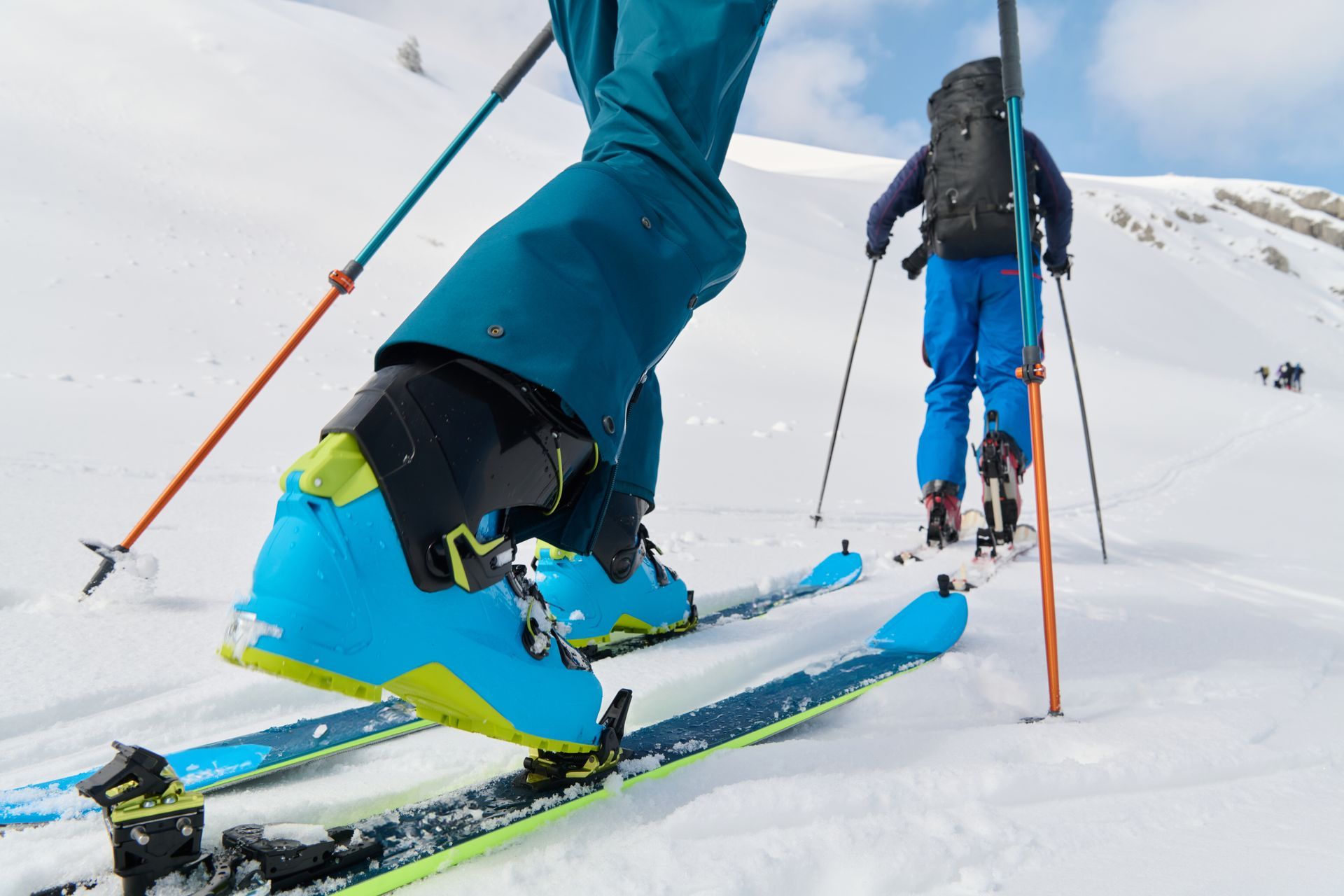
January 15, 2025
Engaging in winter sports is a fantastic way to stay active during the colder months, but it's important to be aware of the impact these activities can have on your vein health. Whether you're hitting the slopes, ice skating, or playing hockey, here are some tips to keep your veins healthy while enjoying winter sports. Understand the Cold Cold temperatures cause your veins to narrow (vasoconstriction), which can slow blood flow and increase the risk of clots. When participating in winter sports, it's crucial to keep your body warm and your circulation moving. Wear appropriate thermal clothing that maintains body heat but still allows mobility. Stay Hydrated It's easy to overlook hydration in colder weather because you may not feel as thirsty, but dehydration is a risk in winter, especially at high altitudes and during vigorous exercise. Dehydration thickens your blood, making it harder for it to circulate and increasing strain on your veins. Aim to drink water before, during, and after your activities, even if you're not feeling particularly thirsty. Warm-up Properly Cold muscles are more prone to injury, and injury can complicate existing vein problems. Start with a thorough warm-up to get your blood flowing and your body prepared for physical activity. Focus on dynamic stretches that target the legs and core to maximize protection for your veins. Compression Garments Wearing compression socks or stockings while participating in winter sports can help promote blood flow and reduce the risk of swelling and varicose veins. These garments are particularly useful for activities that involve prolonged periods of standing or sitting, such as ice fishing or long-distance skiing. Monitor Your Body Pay attention to how your legs feel during and after activity. Signs of vein issues include persistent pain, swelling, or a feeling of heaviness in the legs. If you notice these symptoms, consider scheduling an appointment with a vein specialist to assess your vein health. Conclusion Winter sports offer a great way to stay active and have fun during the colder months, but it's important to take precautions to protect your vein health. By understanding the impact of cold weather, staying hydrated, warming up properly, using compression garments, and monitoring your body, you can enjoy winter activities while keeping your veins healthy and strong. Remember, if you have concerns about your vein health, consult with a vein specialist to ensure you're taking all necessary steps to protect yourself.

January 15, 2025
The start of a new year is an excellent time for setting health goals, and your veins deserve attention too. Whether you're already managing vein issues like varicose or spider veins, or you simply want to maintain good vein health, setting specific, achievable goals can lead to significant improvements. Here are key strategies to include in your vein health resolutions for 2025. Regular Physical Activity One of the most beneficial resolutions for vein health is to commit to regular physical activity. Exercise helps improve circulation, reduces blood pressure,—all crucial for preventing and managing vein issues. Activities like walking, cycling, swimming, and yoga are particularly good for your veins as they enhance blood flow without excessive strain. For those new to regular exercise, start small. A daily 15-minute walk is a manageable goal, and you can gradually increase the duration and intensity as your fitness improves. Remember, consistency is key, so choose an activity you enjoy and make it part of your routine. Healthy Eating Habits What you eat significantly affects your vein health. Foods rich in potassium, such as bananas, oranges, and leafy greens, can help prevent water retention by regulating sodium levels in your body. High-fiber foods like whole grains, apples, and flaxseeds are essential as they prevent constipation, reducing pressure on the veins in your lower body. Incorporate antioxidants into your diet through berries, nuts, and spices like turmeric and ginger. These help improve circulation. Plan to reduce your intake of salt and processed foods to minimize swelling and the burden on your circulation. Regular Vein Check-ups Make it a resolution to visit a vein specialist at least once this year, even if you don't have noticeable vein problems. This is particularly important for those with risk factors like family history, previous vein conditions, or jobs that require long periods of standing or sitting. Regular check-ups can catch potential issues early, allowing for timely, less invasive treatments. Conclusion Setting resolutions to improve your vein health is a proactive way to enhance your overall well-being. With regular exercise, a balanced diet, proper hydration, and routine check-ups, you can maintain or improve the health of your veins. Start the new year with a commitment to better health and consider scheduling a free vein screening with The Vein Specialists to work towards achieving ‘New Legs’ in 2025.

October 1, 2024
Uncover the truth behind common myths about spider veins and varicose veins with our Scary Vein Myths Debunked blog. Learn the facts about vein health, debunk misconceptions, and discover non-surgical treatment options to alleviate fears. Visit The Vein Specialists for more expert advice and a free vein screening.
“Our mission is to provide each patient with a comfortable, respectful care as well as delivering the best possible vein treatment."
QUICK LINKS
CONTACT
(309) 862-4000
HOURS: Mon-Fri 8:30am - 4:30pm
Bloomington
3302 Gerig Drive, Suite 100
Bloomington, IL 61704
Peru Office
2011 Rock Street, Suite C
Peru, IL 61354
Add your custom HTML here
